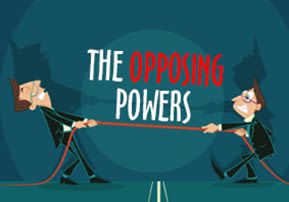
The Opposing Powers
If the balance of opposing powers would not be maintained, then a person would be coerced in one direction or another. The slightest coercion is no longer free choice...

The difference between a human being and every other specie on earth is that the human being has a freedom of choice. Whereas all other creatures act on instinct, only the human has two separate inclinations toward good and evil. Rebbe Nachman of Breslev teaches that the source of the inclinations is in the thought process. Good and upright thoughts are the product of the good inclination while negative thoughts such as arrogance and heresy are the product of the evil inclination.
One’s choices in life consequently stem from one’s thoughts. A person who thinks positively acts positively. One who thinks negative thoughts gravitates toward negative deeds. Since the entire creation of the world was geared to enable free choice for humans, The Creator “equipped” each person with an ability to think positively or negatively. One has free choice to be arrogant or humble, generous or stingy,  honest or dishonest and so forth.
honest or dishonest and so forth.
The evil and good inclinations are constantly at odds with one another, pulling a person to think good or bad, to have emuna or to be a heretic. As soon as one channels his thoughts to The Creator, contemplating His magnitude and holiness while thinking about his own tininess and futility, he is filled with an aura of humility and joy. But, when he prides himself in his strength, ability or cleverness, thus separating his achievements from Hashem, he succumbs to the venom of the evil inclination that imparts arrogance, heresy, stinginess, jealousy and anger in his heart.
The Zohar describes the challenge of free choice simply as a tug of war between the positive holy thoughts and the negative impure thoughts. We therefore need Divine mercy every second of the day so that we’ll have the strength to pull toward the positive side. Without prayer and requests for Hashem’s help, one can easily be pulled toward the side of egotism, sadness and depression.
Rebbe Natan explains (see Likutei Halachot, Mincha, 7) that one’s principle teshuva is to atone for negative thoughts and to strive to think positively. He maintains that each of us has the ability to grab our thoughts like the reins of a horse and to pull them into the right direction, for this is not only our free choice but our principle challenge in life. No one said that it’s easy, but without free choice, there is no context for reward or punishment. The more a person gravitates toward the good thoughts, the more he reinforces his power to choose the good.
The seemingly separate powers of nature and Divine providence stem from the Creator’s two names, Hashem (yud-hey-vav-hey) and Elohim. These two names correspond to compassion (chesed) and to stern judgment (din). Nature and the human body come from the name Elohim, which is the source of the body and its functions. The body, with its lusts and urges, pulls a person toward base and animalistic desires. The soul comes from the name Hashem (yud-hey-vav-hey), and pulls a person toward joy, holiness and emuna.
The two opposing powers of Hashem vs. Elohim, compassion vs. stern judgment, and soul vs. body maintain a perfect balance of good and evil, therefore assuring as free choice at any given moment. If this balance were not maintained, then a person would be coerced in one direction or another. The slightest coercion is no longer free choice. Therefore, one has free choice in everything. Even in such a holy endeavor as learning Torah, one has the free choice to learn for self-aggrandizement or to rectify his soul and to get closer to Hashem. The free choice is always there.


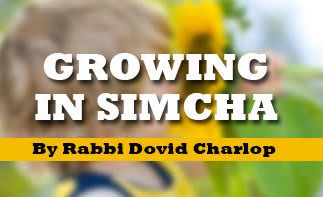



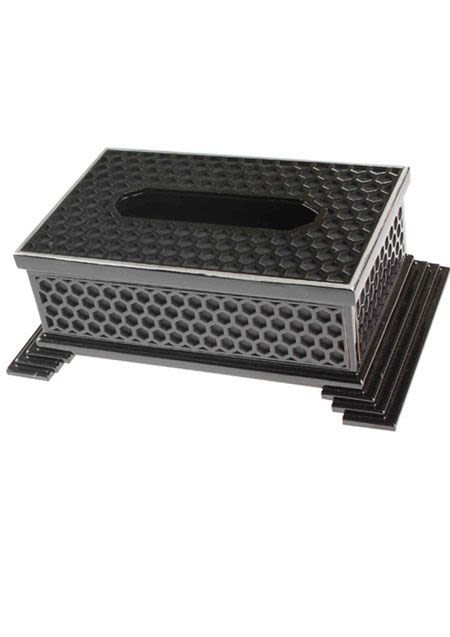
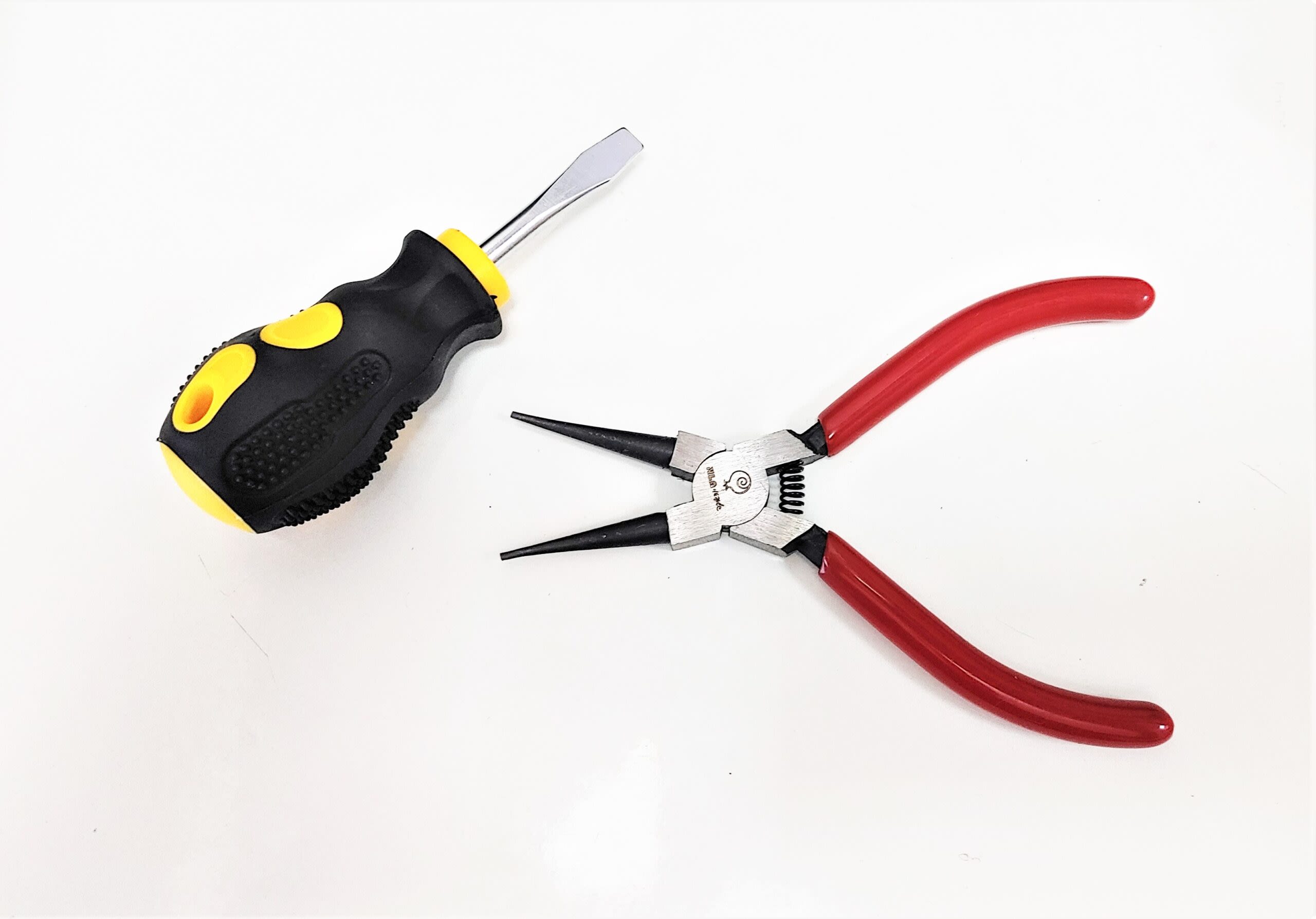
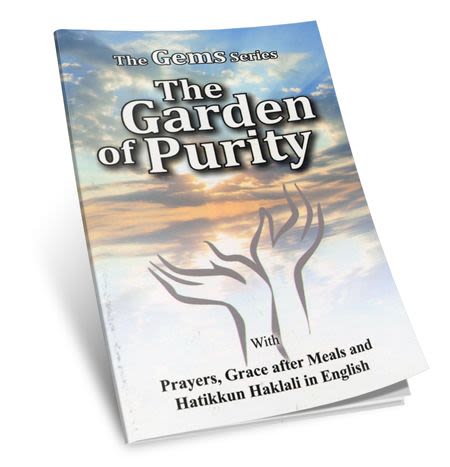



Tell us what you think!
Thank you for your comment!
It will be published after approval by the Editor.